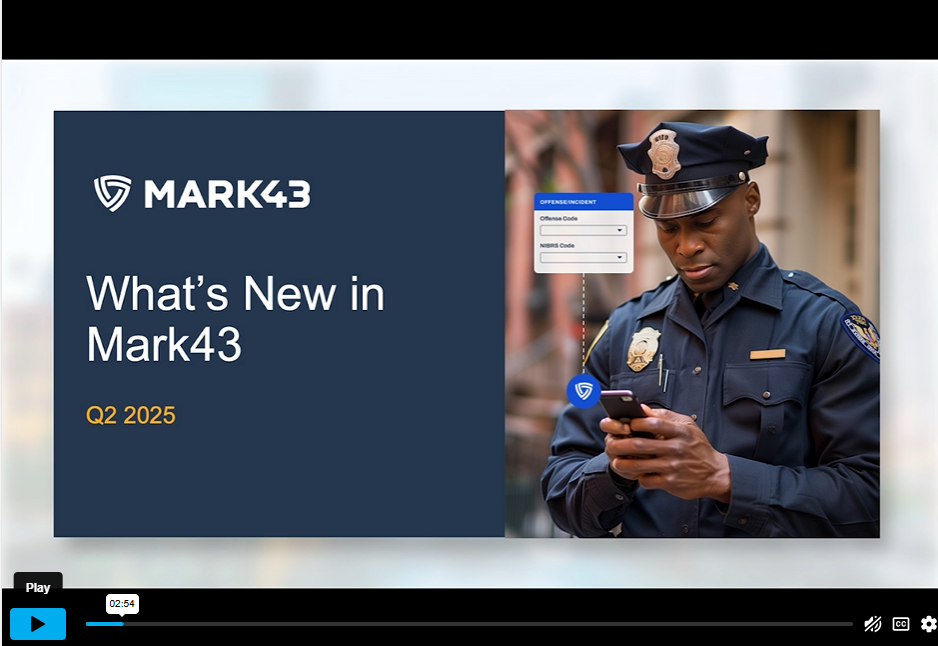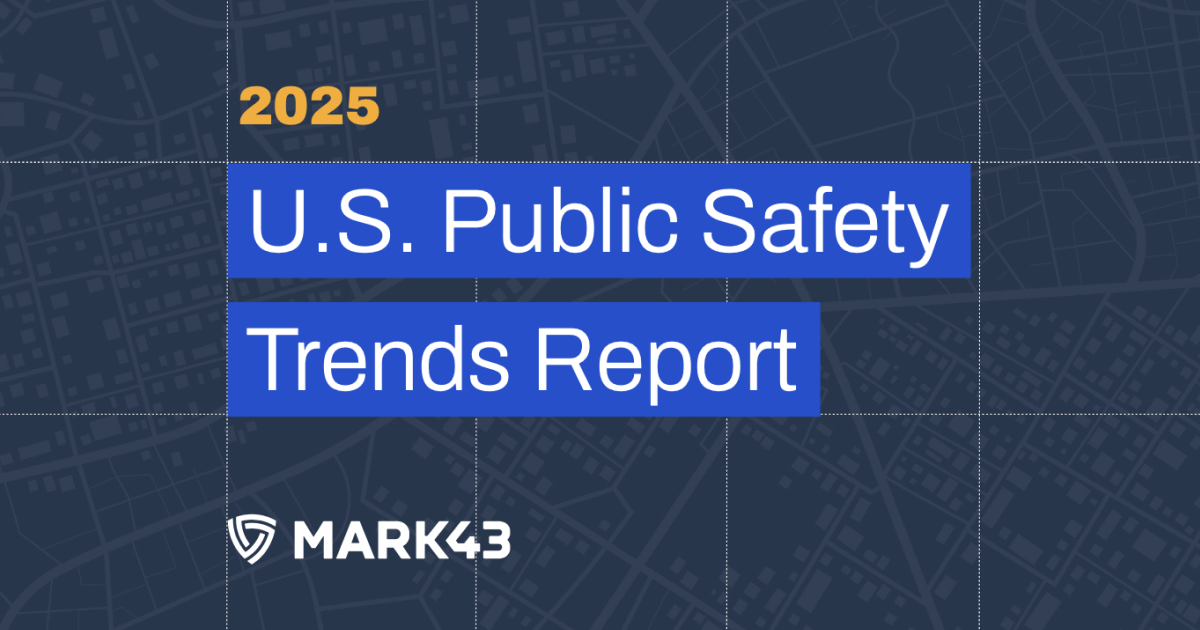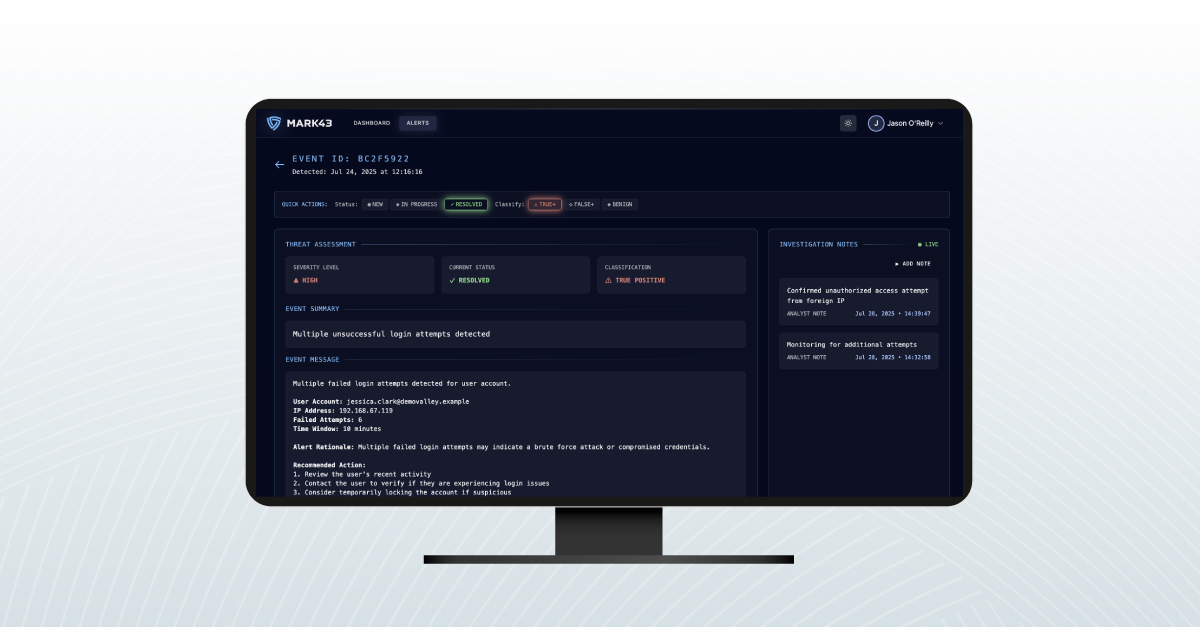
As general-purpose software shows limitations in addressing specialized needs, vertical solutions—tools designed for a specific industry or business function—are emerging as powerful drivers of transformation. These platforms offer tailored features that can improve efficiency, streamline compliance and replace outdated systems across a wide range of sectors and operations.
Below, members of Forbes Technology Council discuss industries and functions they believe are most ready for disruption by vertical software, and why. Read on to learn how focused digital tools can streamline the work of highly specialized companies and roles.
1. Construction
The construction industry is ripe for disruption by vertical software. Tailored platforms can streamline project management, automate compliance and improve field-to-office collaboration. By replacing manual workflows with industry-specific solutions, construction firms can reduce delays, cut costs and gain a real competitive edge. – IV Reddy, Sriven Info Inc.
2. Banking
Banking is ripe for disruption, specifically in the account fraud space. Fraud pattern recognition trained on terabytes of customer data and consumer preferences can help enable better customer experiences while more accurately identifying fraud. – Rodney Drake, VALID Systems
3. Healthcare
Vertical software can transform healthcare by improving patient care, optimizing administrative tasks and leveraging data and AI for better decision-making. It can also help ensure regulatory compliance for data security and contribute to more efficient, data-driven and patient-centric healthcare systems. – Prasad Banala, Dollar General Corporation
4. Private Equity
The private equity industry is in need of technology and software that can simplify processes across the deal life cycle. Vertical software for the industry could streamline due diligence and analysis and help investors gain visibility into their portfolio companies’ operational health, technology and efficiency. It could provide a unified approach to portfolio management, performance tracking, risk management and regulatory compliance reporting and monitoring—and it could even support innovation across the portfolio, helping drive top-line growth. – Mrutyunjay Mohapatra, Alix Partners
5. Manufacturing
Manufacturing and banking are both ready for AI disruption, powered by software with deep vertical knowledge. General AI frameworks alone don’t work, since these otherwise powerful tools don’t have the domain expertise necessary to, say, power use cases on factory floors or banking environments. But general frameworks can be trained for vertical use with historical knowledge and real-time learning. – Marco Santos, GFT
6. Hotels And Hospitality
Staff of the average midsize hotel utilize about 40 different systems to operate their hotel. While innovation in the space has enabled new “add on” features, hoteliers are overwhelmed and are unable to shrink staffing models or operate more efficiently given the system overload. An AI-native, all-in-one system would enable leaner operations and free up valuable time to focus on guests. – Rami Zeidan, Life House
7. Life Sciences
Vertical AI in the life sciences is streamlining old strategies and accelerating content authoring, especially in terms of branding and marketing, with faster website and campaign creation. This shift reduces the complexity and overhead that previously characterized brand strategy efforts. While regulatory content authoring remains highly governed, nonregulatory content is a proving ground for AI-driven acceleration. – Harini Gopalakrishnan, Snowflake
8. Public Safety
Public safety is one of the most critical industries ripe for disruption by vertical software. As community expectations evolve, so must the technology that supports emergency response. Adopting next-generation, resilient software can transform how agencies operate, enabling seamless communication, real-time data-sharing and smarter decision-making when it matters most to the communities they serve. – Matthew Polega, Mark43
9. Regulatory Technology
The regulatory technology sector in banking and financial services lacks specialized tools. By automating compliance processes using AI and ML, financial institutions can significantly reduce the costs and risks associated with regulatory adherence. This will streamline reporting, enhance real-time monitoring and improve overall compliance efficiency in an increasingly complex global landscape. – Kalyan Gottipati, Citizens Financial Group, Inc.
10. Private Credit
I believe that the private credit industry is in need of vertical software solutions. Currently, it’s reliant on manual workflows to manage deal sourcing, underwriting, compliance and reporting. Tailored software as a service can streamline operations, improve risk monitoring and enhance investor transparency. This enables lenders to scale efficiently, respond faster to borrowers and strengthen limited partner relationships. – Abhinav Asthana, Redwood Trust, Inc.
11. Enterprise IT Functions
The IT function in enterprises is ripe for disruption by specialized software. Most IT products focus on service management; unlike other enterprise functions, such as finance or sales, CIOs lack a unified platform to manage strategy, risk, suppliers, finance, knowledge and performance. An IT management platform would help CIOs plan and deliver value and improve agility, efficiency, compliance and innovation. – Indivar Nayyar, LTIMindtree
12. Dentistry
Many dentists still rely on tech older than the first iPhone. Cloud-based dental software is primed to disrupt the outdated status quo. Specialized software eliminates administrative bottlenecks through AI and workflow automation, which can support dental diagnostic insights, increase case acceptance rates and improve both operational efficiency and overall patient care quality. – Eric Giesecke, Planet DDS
13. HCM Compliance Tracking
Compliance tracking in the human capital management industry is a highly manual process due to HCM platforms serving customers across various industries. OSHA, DoT, HIPAA, EPA and ADA compliance are just a few reasons it would be helpful for HCM platforms to offer automated compliance tracking solutions. Companies would benefit from real-time tracking and cost savings through automation. – Anshul Kumar, Paylocity
14. Veterinary Practices
Veterinary practices can benefit from vertical software that centralizes electronic medical records, appointment scheduling and inventory. Integration with pet wearables would enable real-time health monitoring. Such software can turn passive checkups into proactive care, improve diagnostics and enhance client loyalty through smarter, data-driven insights. Woof! – Mark Mahle, NetActuate, Inc.
15. Auto Repair Shops
Auto repair shops could be transformed by vertical software that links diagnostics, parts ordering and customer communication in real time. Mechanics would spend less time chasing inventory or explaining issues and more time actually fixing cars, while customers get Uber-style updates that build trust. – Jason Kim, Big Whale Labs
16. Job Application Platforms
The job application process could be vastly improved by vertical software. It’s often a process that’s split across several apps (LinkedIn, Gmail, SMS, phone) before all is said and done. Applicants and HR staff alike could perform better if there was a unified system to take care of messaging, calls and emails. – Syed Ahmed, Act-On Software
17. Utilities
Utilities are absolutely ripe for vertical software disruption. They are asset-heavy, regulation-bound and data-rich but insight-poor, which makes them ideal candidates for purpose-built platforms. They have massive legacy infrastructure (SCADA, GIS, work orders) with limited integration and have high reliance on manual inspections, field service teams and paper trails. – Diganta Sengupta, Oracle Corp
18. Residential Maintenance
The residential maintenance sector presents an excellent opportunity for specialized digital solutions. These enterprises frequently rely on antiquated methods and fragmented processes. Service providers would benefit from platforms that streamline scheduling, deliver field-ready mobile tools and enable preventative service alerts. – Mara Dimofte, Rilla
19. Agriculture
Agriculture is ripe for disruption by vertical software, as many farms still rely on manual records and generic tools. Industry-specific platforms can optimize crop planning, track soil and weather data, streamline supply chains and boost yields, bringing greater efficiency, predictability and sustainability to a traditionally low-tech sector. – Bhushan Parikh, Get Digital Velocity, LLC
Original Story: https://www.forbes.com/councils/forbestechcouncil/2025/06/02/vertical-software-19-sectors-and-functions-it-could-benefit-now/








